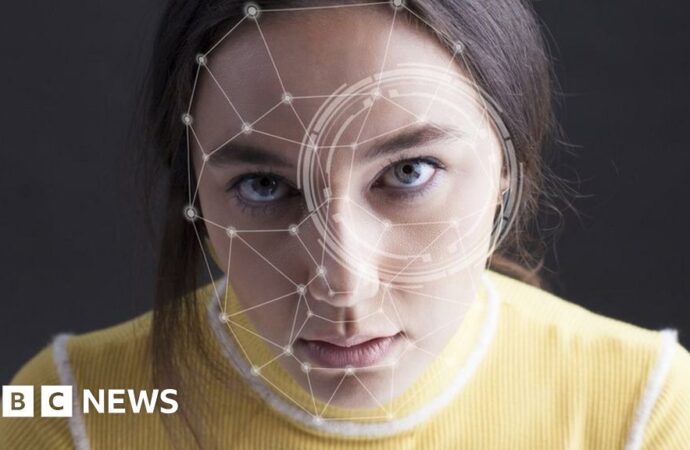The recent appeal victory of face search company Clearview AI against the UK’s privacy watchdog raises concerns about the potential impact on individual privacy rights and the ethical implications of facial recognition technology.
In a significant development, Clearview AI has successfully appealed against a £7.5 million fine imposed by the UK’s Information Commissioner’s Office (ICO) for unlawfully storing facial images. The company offers a system that allows clients to search a vast database of billions of images scraped from the internet for matches to a particular face. While the technology has been praised for its potential in solving crimes, critics argue that it poses a threat to privacy and puts individuals under constant surveillance.
The appeal decision raises important questions about the balance between law enforcement needs and individual privacy rights. Clearview AI’s technology has been used by US law enforcement agencies, and the company now only accepts clients involved in criminal law enforcement or national security functions. However, the fact that Clearview’s customers are primarily overseas law enforcement bodies was a key factor in the appeal decision.
It is crucial to note that this judgement does not grant a blanket permission for scraping activities that involve large volumes of publicly available data. Data protection rules in the UK can still be applied to companies based internationally who process data of people in the UK, particularly those involved in scraping data of UK citizens. The ICO has emphasized its continued ability to take action against such companies.
The appeal victory highlights the need for robust regulations and oversight of facial recognition technology. While it can be a valuable tool for law enforcement, it also raises significant privacy concerns. Clearview AI’s extensive database of scraped images and the potential for misuse or abuse of the technology underscores the importance of establishing clear guidelines and safeguards to protect individual privacy rights.
As the use of facial recognition technology becomes increasingly prevalent, it is crucial to strike a balance between security needs and protecting individual privacy. The appeal decision serves as a reminder of the ongoing challenges in navigating the ethical and legal implications of emerging technologies. It is essential for regulators, lawmakers, and technology companies to work together to establish comprehensive frameworks that prioritize privacy rights while allowing for responsible use of facial recognition technology.









